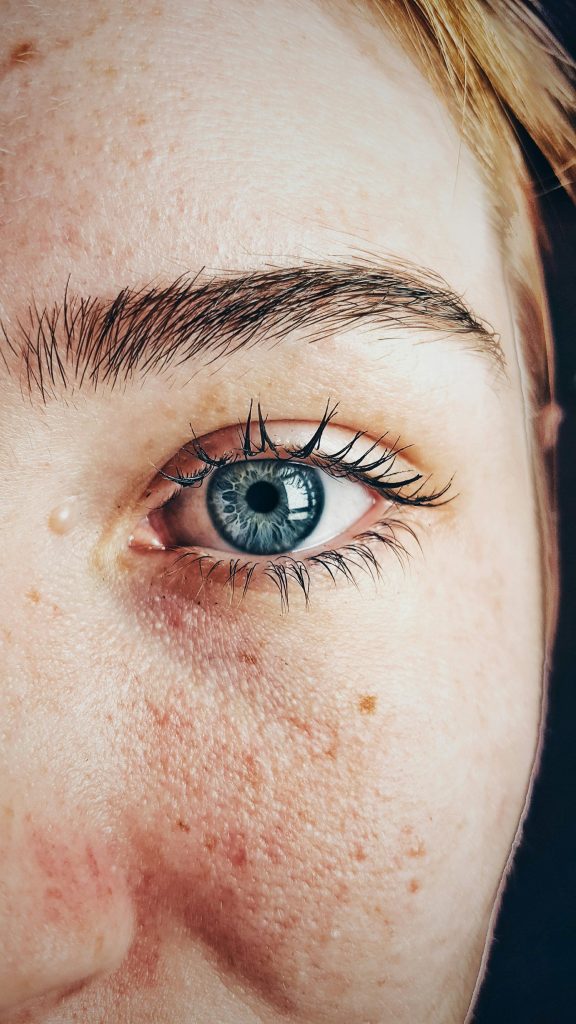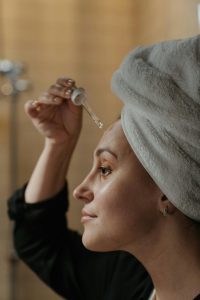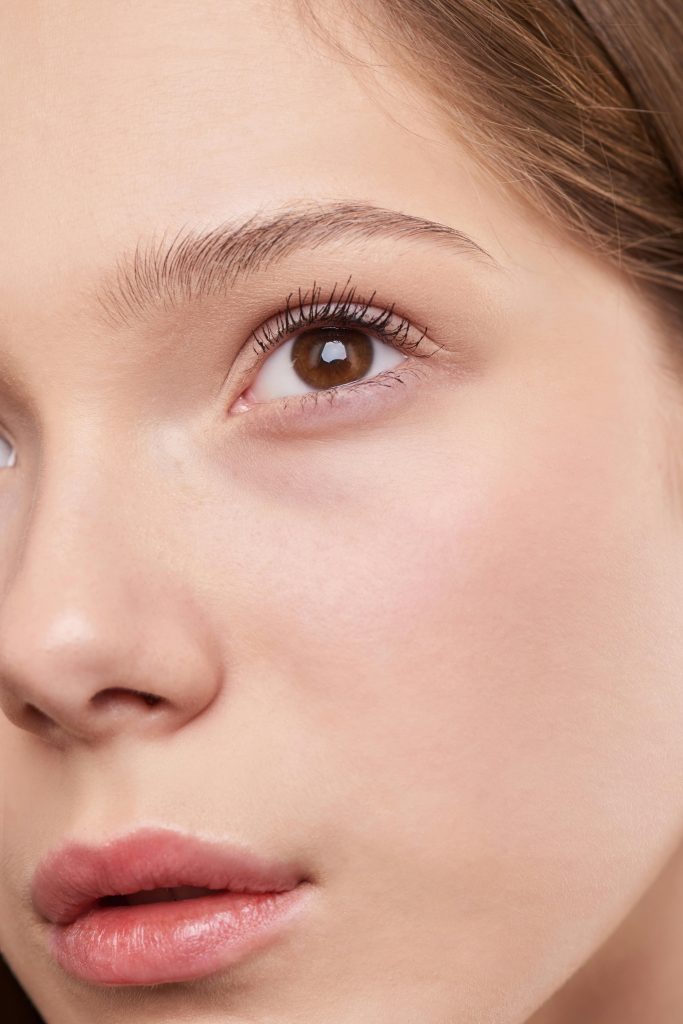Expert Skin Care for Dry Skin: A Comprehensive Guide

Expert Skincare For Dry Skin
Dry skin is a common condition that affects people of all ages and skin types. It occurs when the skin lacks sufficient moisture, leading to a rough, flaky, and sometimes itchy texture. Understanding how to care for dry skin is essential for maintaining healthy, comfortable skin. This guide will provide expert insights, tips, and advice on how to manage and treat with expert skincare for dry skin effectively.
What is Dry Skin?
Dry skin, medically known as xerosis or xeroderma, is a condition characterized by a lack of moisture in the skin. This can lead to a rough, tight, and sometimes flaky texture. It can occur due to various factors, including environmental conditions, lifestyle choices, and underlying medical conditions.
Importance of Understanding Dry Skin
Understanding dry skin is crucial for effective management and treatment. It helps in identifying the underlying causes and choosing the appropriate skincare routine and products.
Causes of Dry Skin
Dry skin can result from multiple factors, which can be broadly categorized into environmental, lifestyle, and medical causes.
Environmental Factors
1.Weather: Cold, dry air in winter or excessive heat in summer can strip the skin of its natural moisture.
2.Humidity Levels: Low humidity can cause moisture to evaporate from the skin, leading to dryness.
3.Sun Exposure: Prolonged exposure to the sun can damage the skin barrier and cause dryness.
Lifestyle Factors
1.Hot Showers and Baths: Long, hot showers can remove the skin’s natural oils.
2.Harsh Soaps and Detergents: Products with strong chemicals can strip away natural oils, leading to dry skin.
3.Inadequate Hydration: Not drinking enough water can lead to dehydration, affecting the skin’s moisture levels.
Medical Conditions
1.Eczema: A condition that causes inflamed, itchy, and dry skin.
2.Psoriasis: Leads to red, scaly patches on the skin.
3.Diabetes: Can reduce blood circulation and moisture in the skin.
4.Hypothyroidism: Slows down metabolism, which can lead to dry skin.
Symptoms of Dry Skin
Dry skin symptoms can vary from mild to severe and may include:
Common Symptoms
1.Tightness: A feeling of skin tightness, especially after bathing or swimming.
2.Rough Texture: Skin that feels and looks rough.
3.Flaking: Mild to severe flaking or peeling of the skin.
Severe Symptoms
1.Redness: Red, irritated patches of skin.
2.Itching: Persistent itching, which can lead to scratching and skin damage.
3.Cracks and Fissures: Deep cracks that may bleed.
4.Inflammation: Swollen, painful areas on the skin.
Types of Dry Skin
Dry skin can be categorized into different types based on severity and duration.
Normal Dry Skin
Characterized by mild dryness, usually due to environmental factors. It can be managed with regular moisturizing.
Severe Dry Skin
Severe dryness, often accompanied by itching, redness, and cracking. Requires more intensive treatment and care.
Chronic Dry Skin
Persistent dryness that does not improve with typical skincare routines. Often associated with underlying medical conditions.

Diagnosing Dry Skin
Accurate diagnosis is essential for effective treatment.
Self-Diagnosis
Observing symptoms such as flaking, roughness, and itching can help identify dry skin. Keeping a skincare journal to track changes and triggers can also be beneficial.
Professional Diagnosis
Dermatologists can perform a thorough examination and may use tools like hydration meters to measure skin moisture levels. They can also identify underlying conditions contributing to dry skin.
Treatment Options
Various treatments can help manage and alleviate dry skin.
Over-the-Counter Solutions
1. Moisturizers: Products containing ingredients like hyaluronic acid, glycerin, and urea.
2. Humectants: Substances that attract moisture, such as glycerin and propylene glycol.
3. Emollients: Fatty substances like lanolin and mineral oil that smooth the skin.
Prescription Treatments
1. Topical Steroids: Reduce inflammation and irritation.
2. Calcineurin Inhibitors: Treat eczema-related dry skin.
3. Oral Medications: For severe cases of dry skin related to underlying conditions.
Home Remedies
1. Oatmeal Baths: Soothes and moisturizes the skin.
2. Coconut Oil: Natural emollient that helps to retain moisture.
3. Aloe Vera: Provides a cooling effect and hydration.

Preventive Measures
Preventing dry skin involves adopting a consistent skincare routine and making lifestyle adjustments.
Daily Skincare Routine
1. Gentle Cleansing: Use mild, fragrance-free cleansers.
2. Moisturizing: Apply a thick moisturizer immediately after bathing.
3. Sun Protection: Use a broad-spectrum sunscreen daily.
Seasonal Adjustments
1. Winter Care: Use a humidifier to maintain indoor humidity.
2. Summer Care: Apply lightweight, non-comedogenic moisturizers.
Dietary Considerations
1. Hydration: Drink plenty of water throughout the day.
2. Healthy Fats: Include omega-3 and omega-6 fatty acids in your diet.
3. Vitamins: Ensure adequate intake of vitamins A, C, and E.
Expert Insights
Dermatologist Tips
1. Consistency is Key: Stick to a regular skincare routine.
2. Patch Test New Products: Test new skincare products on a small skin area before full application.
3. Avoid Irritants: Stay away from products with alcohol, fragrances, and dyes.
Skincare Expert Advice
1. Layering Products: Use products in the right order—cleanser, toner, serum, moisturizer.
2. Exfoliation: Regular but gentle exfoliation can help remove dead skin cells and allow better absorption of moisturizers.
Personal Stories
Success Stories
1. Emma’s Journey: Emma struggled with chronic dry skin for years. By consulting a dermatologist and switching to a hypoallergenic skincare routine, she noticed significant improvements.
2. John’s Experience: John incorporated omega-3 supplements and a daily moisturizing routine, which helped him manage his dry skin effectively.
Challenges and Solutions
1. Linda’s Struggle with Eczema: Linda’s eczema made her skin extremely dry and itchy. Through a combination of prescribed treatments and lifestyle changes, she was able to manage her symptoms.
2. Michael’s Winter Woes: Michael’s skin would become extremely dry during winter. Using a humidifier and switching to a richer moisturizer helped him combat the dryness.
Frequently Asked Questions (FAQs)
1. What is the best moisturizer for dry skin?
– Look for moisturizers containing hyaluronic acid, glycerin, and ceramides.
2. Can diet affect dry skin?
– Yes, staying hydrated and consuming healthy fats and vitamins can help improve skin moisture.
3. How often should I moisturize my dry skin?
– Ideally, moisturize twice daily, especially after bathing or washing your face.
4. Can dry skin be a sign of a serious condition?
– Yes, persistent dry skin can indicate conditions like eczema, psoriasis, or diabetes.
5. Are there natural remedies for dry skin?
– Yes, natural remedies like coconut oil, oatmeal baths, and aloe vera can help alleviate dry skin.
Conclusion
Dry skin can be a manageable condition with the right knowledge and care. Understanding its causes, symptoms, and treatment options allows for effective management and prevention. By adopting a consistent skincare routine, making necessary lifestyle adjustments, and seeking professional advice when needed, you can maintain healthy, hydrated skin. Follow the expert skincare for dry skin
